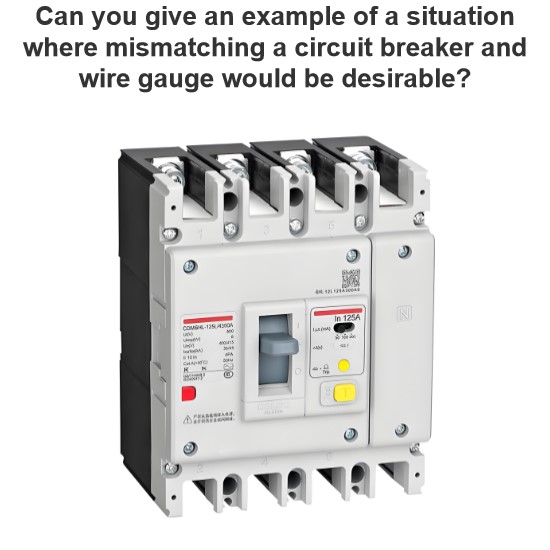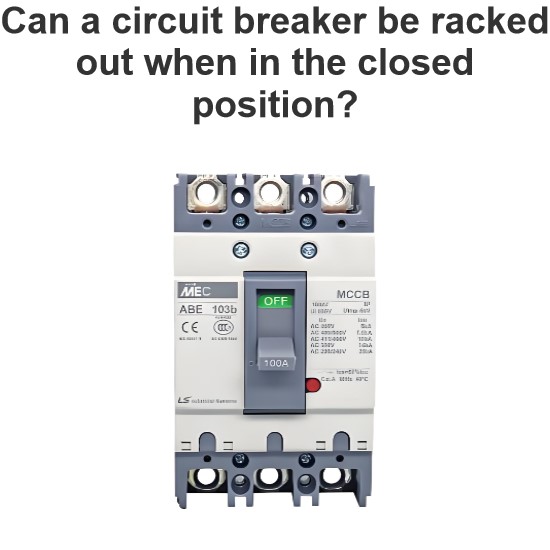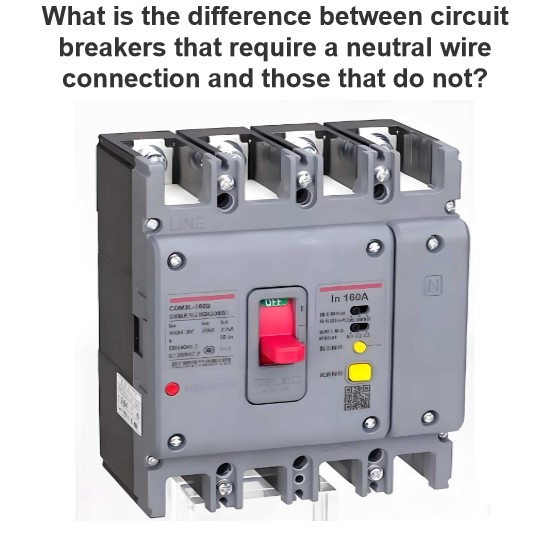What is Differential Protection?
What is Differential Protection?
Differential Protection Definition
Differential protection is a method used to clear internal faults in the stator winding of a generator or alternator.
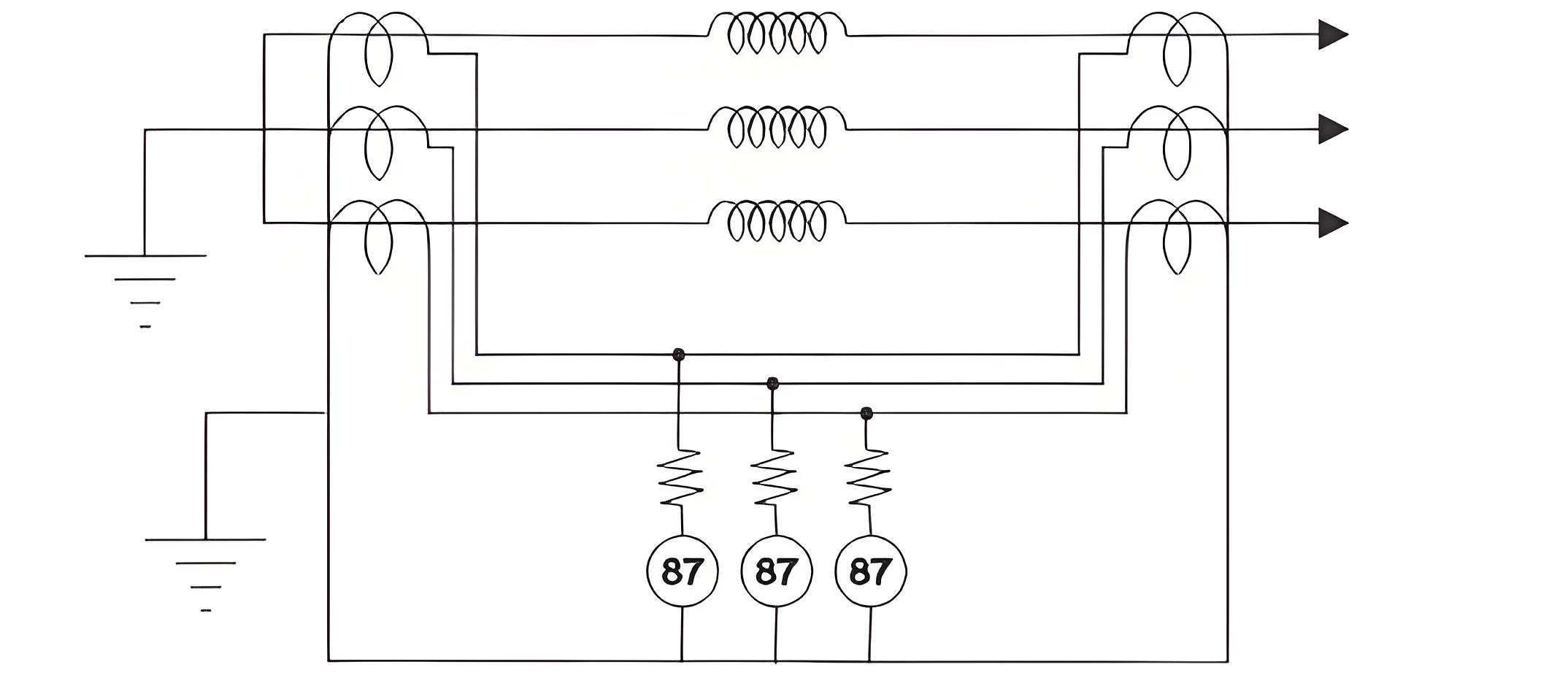
Current Transformers
Two sets of current transformers (CTs) are used, one on the line side and one on the neutral side, and their characteristics must match to avoid relay malfunctions.
Stabilizing Resistor
A stabilizing resistor in series with the relay prevents operation due to external faults or CT saturation.
Percentage Biasing
Percentage biasing in differential relays helps manage spill current from mismatched CTs, preventing unwanted relay operation.
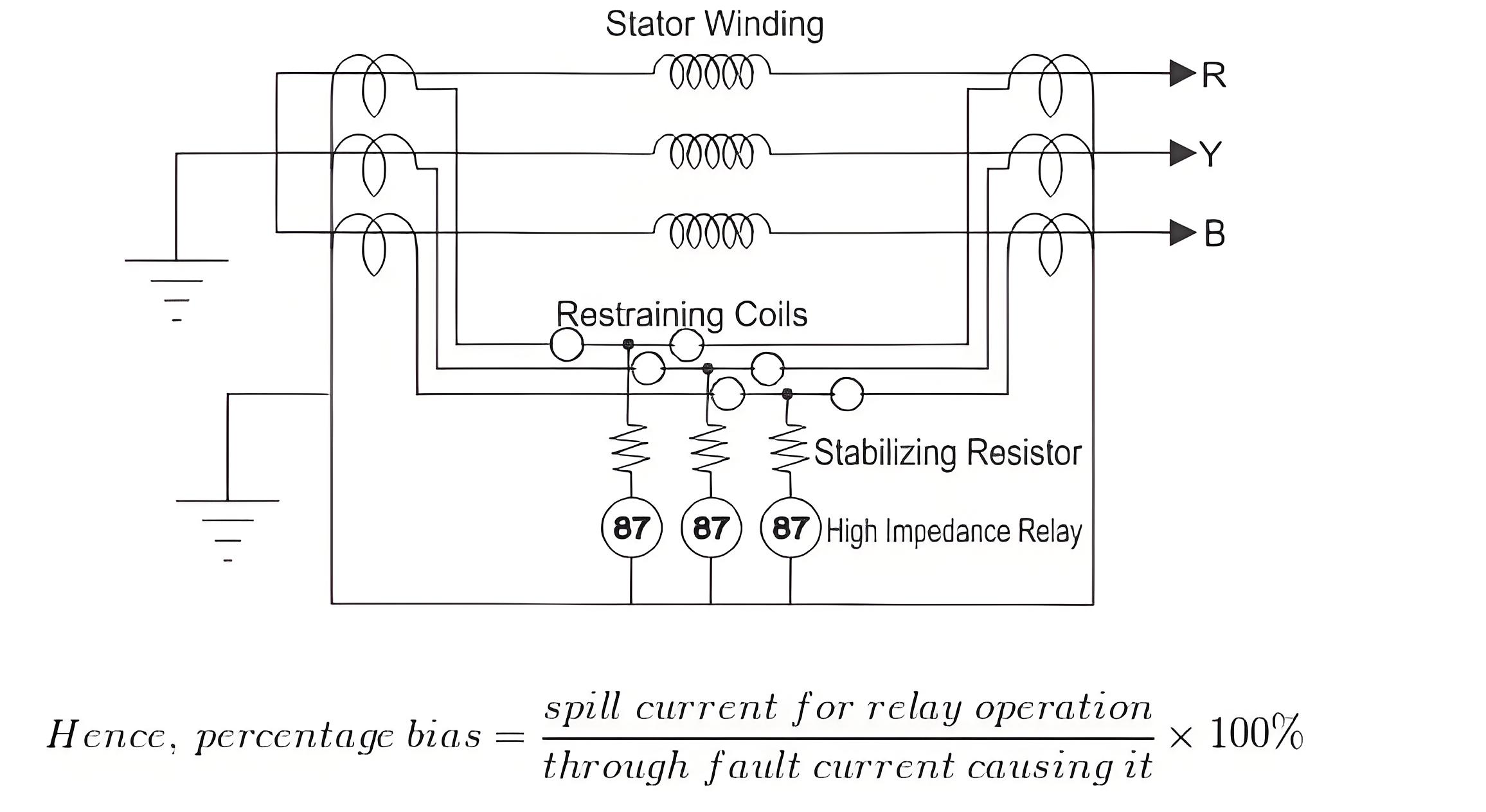
Relay Operation
The differential relay operates during internal faults when the operating coil’s torque overcomes the restraint coil’s torque, ensuring reliable protection.
The Electricity Encyclopedia is dedicated to accelerating the dissemination and application of electricity knowledge and adding impetus to the development and innovation of the electricity industry.


